Limited time deal
⭐ Use Code: DEAL15 ⭐
Get 15% OFF our popular Portable Turbidity Meter (HI98703)!
Deal Ends 4/30 - BUY MINE NOW
Surpass standards
Equip your lab with our versatile Benchtop Meters. Test various parameters, meet industry requirements, and ensure quality.
SHOW ME BENCHTOPS
Stop guessing
Say goodbye to water test strips. Get instant digital results in the palm of your hand with our convenient Checkers.®
PICK MY CHECKER
Popular Products



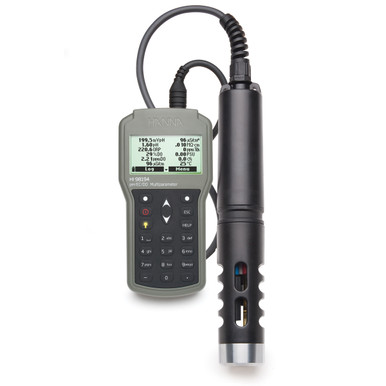


Over 3,000 precision instruments
With so many instruments to choose from; let us help you narrow it down with a few of our most popular categories.
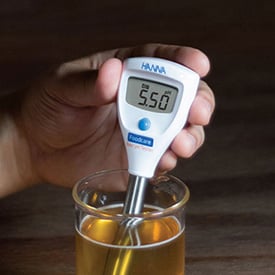 Testers
Testers
Pocket-sized testers for pH, ORP, and EC, to take your testing where you need it.
Learn More
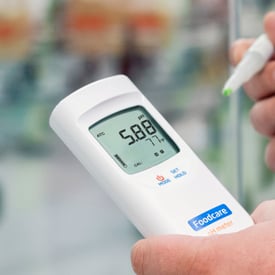 Portable Meters
Portable Meters
Test from wherever you are! Whether you are out in the field or in the lab, we have a portable meter for your application.
Learn More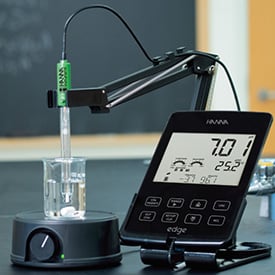 Benchtop Meters
Benchtop Meters
Simple to use and highly accurate! From benchtop meters and photometers to laboratory research grade meters, we have a variety to choose from.
Learn More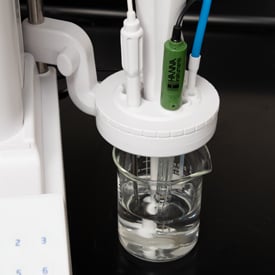 Titrators
Titrators
From manual to full-fledged automation, we can help you with your titration needs. Save time and have higher precision results with our line of automatic titrators.
Learn More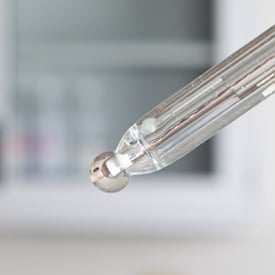 Electrodes
Electrodes
If there’s an application, we have an electrode for it. Specialized electrodes give an ease to testing with faster response times and accurate measurements.
Learn More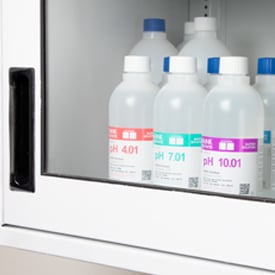 Solutions and Reagents
Solutions and Reagents
Buffers, standards, reagents and more to conduct your measurement procedures from calibration to results.
Learn More
